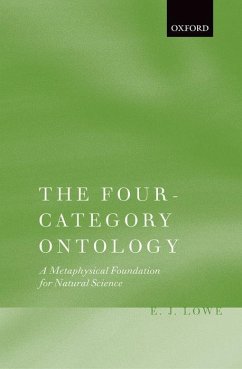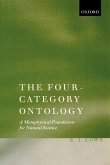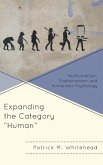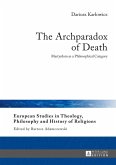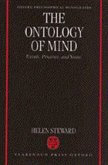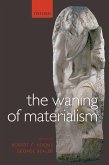At various times during the history of Western philosophy, it has been revived or rediscovered, but it has never found universal favour, perhaps on account of its apparent lack of parsimony as well as its commitment to universals. In pursuit of ontological economy, metaphysicians have generally preferred to recognize fewer than four fundamental ontological categories. However, Occam's razor stipulates only that we should not multiply entities beyond necessity; Lowe argues that the four-category ontology has an explanatory power unrivalled by more parsimonious systems, and that this counts decisively in its favour. He shows that it provides a powerful explanatory framework for a unified account of causation, dispositions, natural laws, natural necessity and many other related matters, such as the semantics of counterfactual conditionals and the character of the truthmaking relation. As such, it constitutes a thoroughgoing metaphysical foundation for natural science.
E. J. Lowe, a prominent figure in contemporary metaphysics, sets out and defends his theory of what there is. His four-category ontology is a metaphysical system which recognizes four fundamental categories of beings: substantial and non-substantial particulars and substantial and non-substantial universals. Lowe argues that this system has an explanatory power which is unrivaled by more parsimonious theories and that this counts decisively in its favor. He shows that it provides a powerful explanatory framework for a unified account of causation, dispositions, natural laws, natural necessity and many other related matters, thus constituting a full metaphysical foundation for natural science.
Hinweis: Dieser Artikel kann nur an eine deutsche Lieferadresse ausgeliefert werden.
E. J. Lowe, a prominent figure in contemporary metaphysics, sets out and defends his theory of what there is. His four-category ontology is a metaphysical system which recognizes four fundamental categories of beings: substantial and non-substantial particulars and substantial and non-substantial universals. Lowe argues that this system has an explanatory power which is unrivaled by more parsimonious theories and that this counts decisively in its favor. He shows that it provides a powerful explanatory framework for a unified account of causation, dispositions, natural laws, natural necessity and many other related matters, thus constituting a full metaphysical foundation for natural science.
Hinweis: Dieser Artikel kann nur an eine deutsche Lieferadresse ausgeliefert werden.

